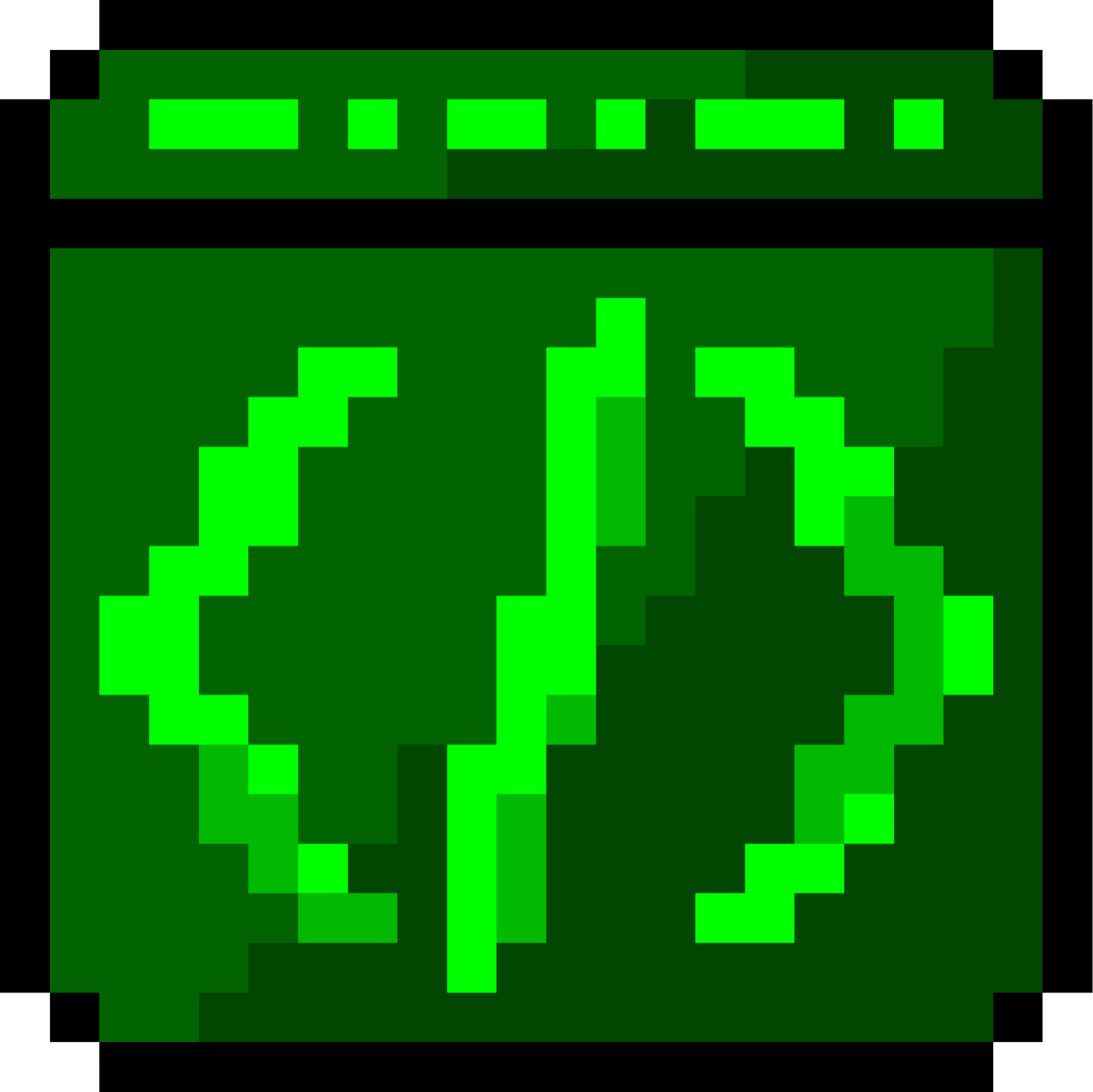104 Stories To Learn About Go
May 03, 2023

Seasoned Senior Backend Engineer: PHP lover, Python enthusiast, crafting innovative and efficient solutions.



Seasoned Senior Backend Engineer: PHP lover, Python enthusiast, crafting innovative and efficient solutions.